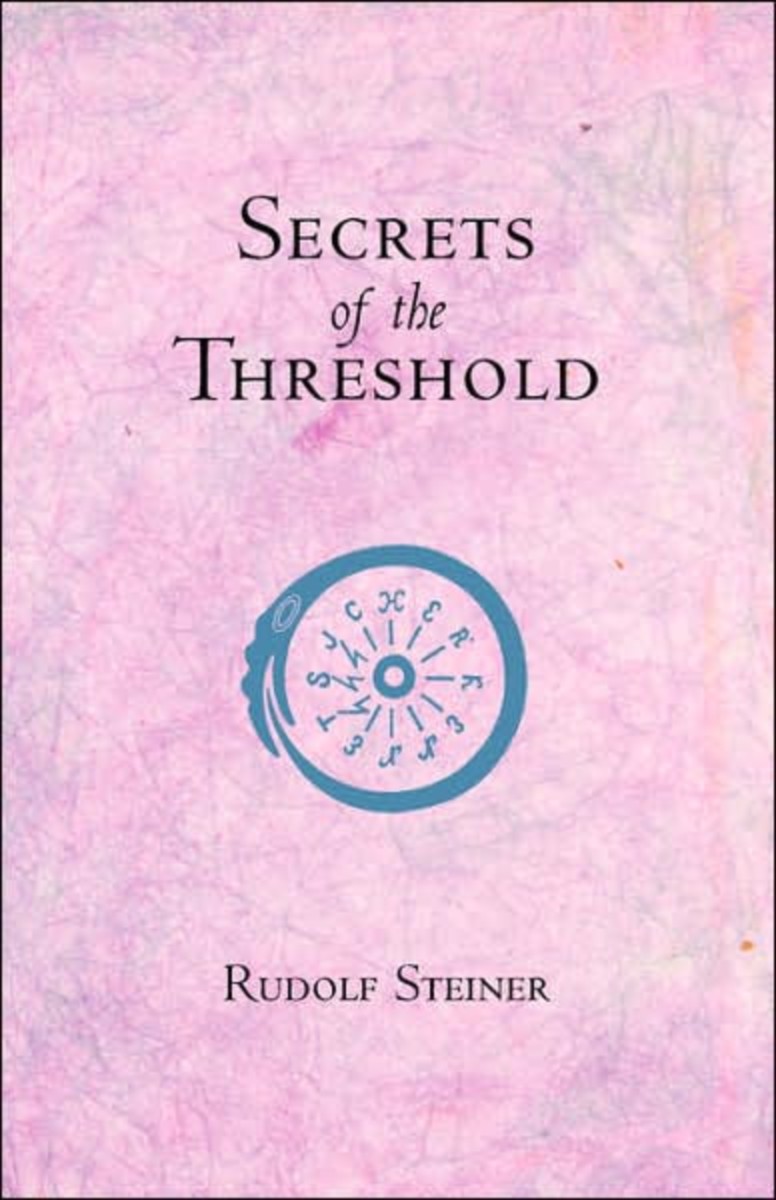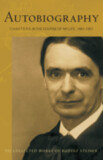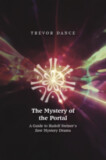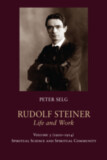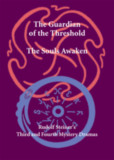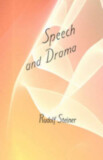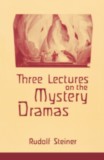Secrets of the Threshold
(CW 147)
Paperback
June 1987
9780880101950
More details
- Publisher
SteinerBooks - Published
1st June 1987 - ISBN 9780880101950
- Language English
- Pages 168 pp.
$19.95
8 lectures in Munich, August 24–31, 1913 (CW 147)
Rudolf Steiner gave these lectures just after the first performance of his mystery drama The Souls' Awakening in Munich. He offers details of one's experience of spiritual development and crossing the threshold of the spiritual world. Steiner explains that humanity stands today at this threshold, and that the keys to crossing it include self-knowledge, self-control, and a clear recognition of the activities of Lucifer and Ahriman. These lectures contain some of Steiner's most profound insights into the path to higher knowledge. He gave the lectures twice each day, mornings and evenings, in the “Princes' Hall” of the Café Luitpold in Munich. Performances of The Guardian of the Threshold: Soul Events in Dramatic Scenes and The Souls' Awakening: Soul and Spirit Events in Dramatic Scenes at the Volkstheaters, also given twice. The drama receiving its first performance was named in the program announcements as “The Awakening of Maria and Thomasius (or The Other Side of the Threshold).”A fifth mystery drama had been planned for summer 1914, and a lecture course titled “Occult Hearing and Occult Reading” would have been given August 18 to 27, but the beginning of World War I prevented further festivals in Munich.Secrets of the Threshold is a translation from German of Die Geheimnisse der Schwelle (GA 147).Rudolf Steiner
Rudolf Steiner (b. Rudolf Joseph Lorenz Steiner, 1861–1925) was born in the small village of Kraljevec, Austro-Hungarian Empire (now in Croatia), where he grew up. As a young man, he lived in Weimar and Berlin, where he became a well-published scientific, literary, and philosophical scholar, known especially for his work with Goethe’s scientific writings. At the beginning of the twentieth century, he began to develop his early philosophical principles into an approach to systematic research into psychological and spiritual phenomena. Formally beginning his spiritual teaching career under the auspices of the Theosophical Society, Steiner came to use the term Anthroposophy (and spiritual science) for his philosophy, spiritual research, and findings. The influence of Steiner’s multifaceted genius has led to innovative and holistic approaches in medicine, various therapies, philosophy, religious renewal, Waldorf education, education for special needs, threefold economics, biodynamic agriculture, Goethean science, architecture, and the arts of drama, speech, and eurythmy. In 1924, Rudolf Steiner founded the General Anthroposophical Society, which today has branches throughout the world. He died in Dornach, Switzerland.


